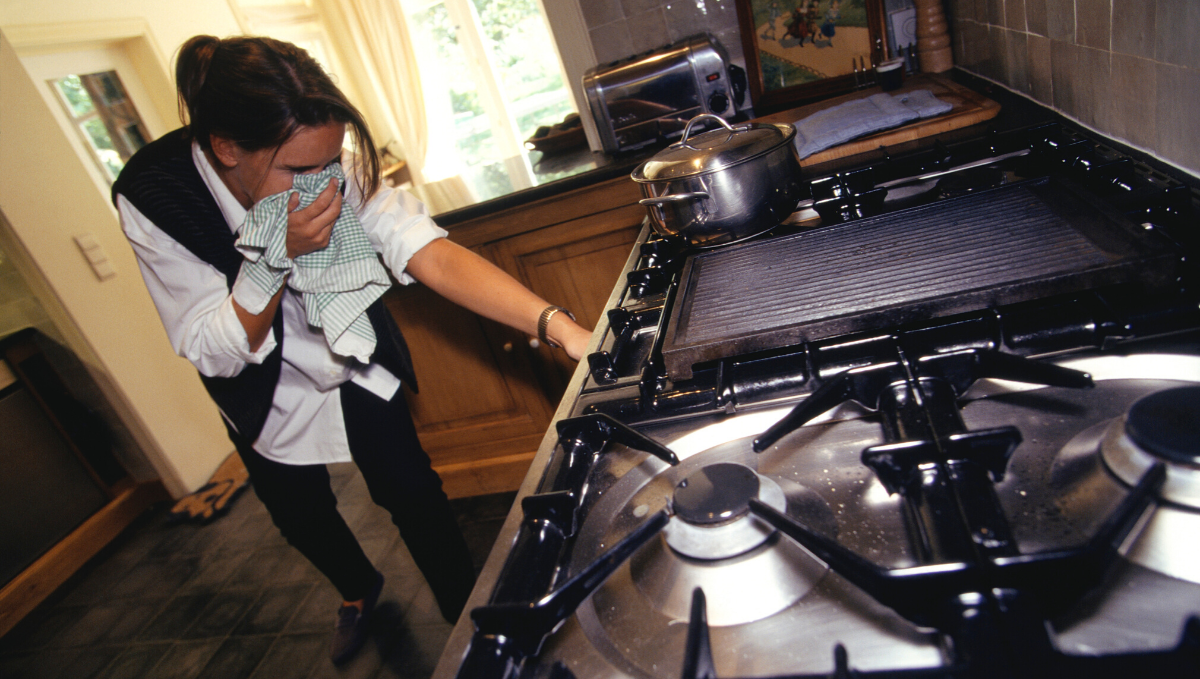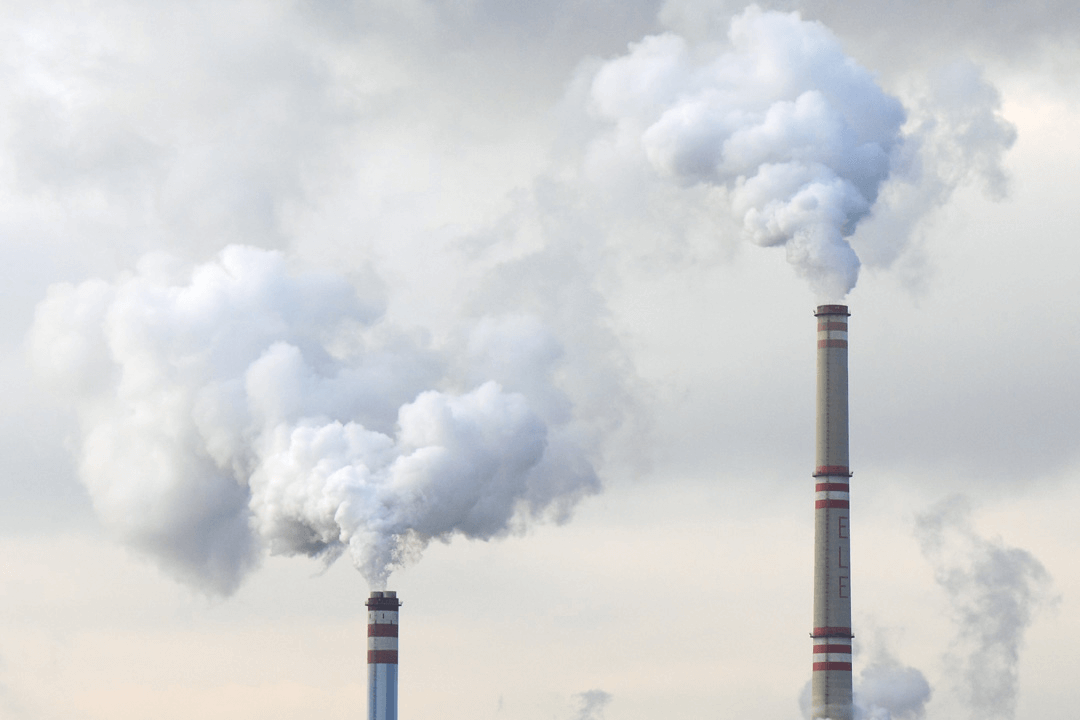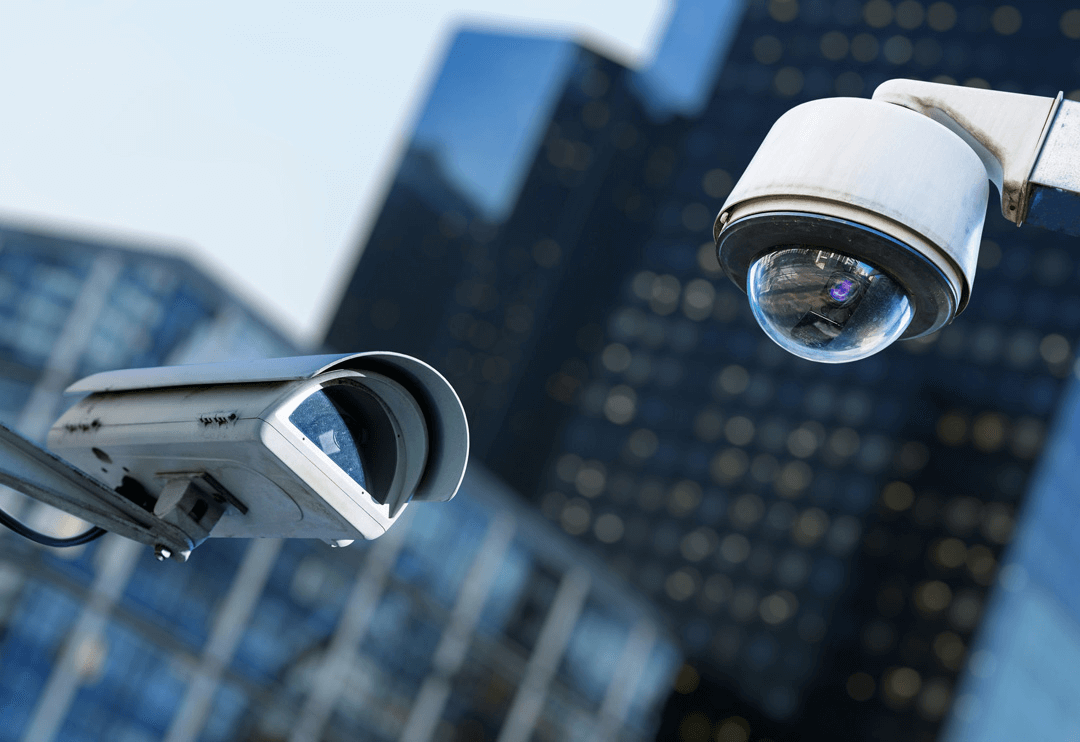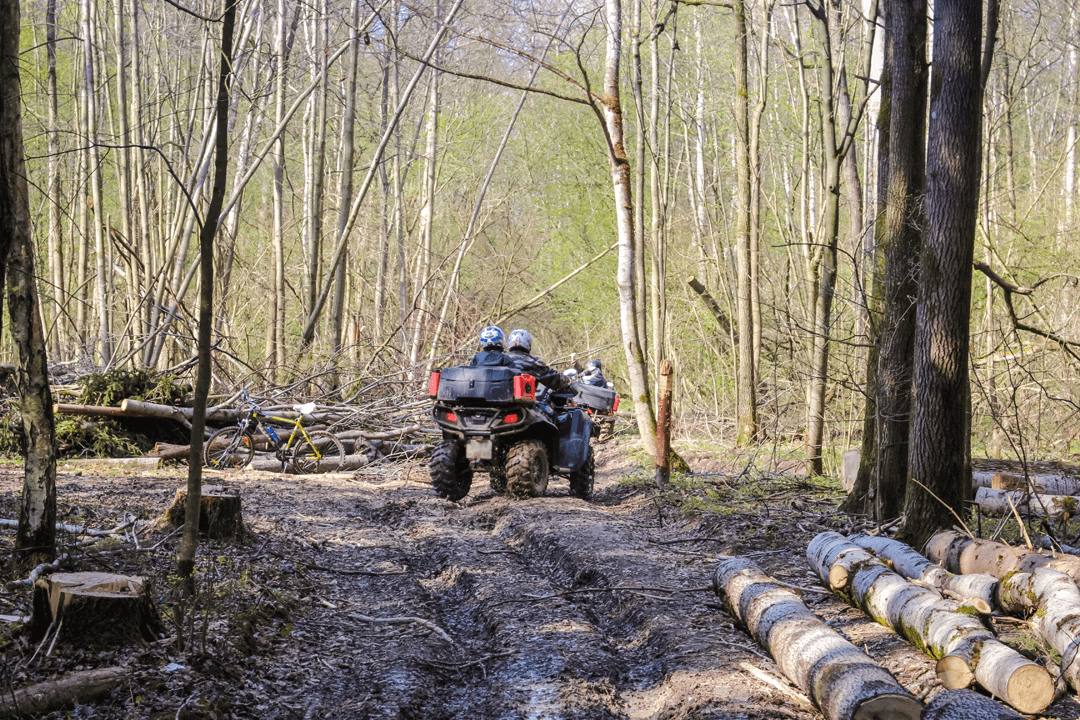
Did you know natural gas is one of the safest fuels to use in your home? Even though this energy source is safe, a leak can occur if you have a faulty or poorly installed appliance or gas line. Natural gas is highly combustible and can cause a fire or explosion in open air in concentrated amounts. It is important to know how to detect a leak and what to do if you think you have one.
Natural gas leak: What to look out for
Close attention needs to be paid to spot a gas leak. Below are a few clues to keep a watch for to detect a gas leak around your home:
- A strong, offensive odour. On its own, natural gas is odourless. Most gas providers purposely add a strong artificial smell to their natural gas to help you identify a leak (an odour of rotten eggs, sewage, or skunk).
- Visual cues. You may notice some odd visual signs that indicate a gas leak, such as houseplants suddenly dying or mysterious bubbles in still water in and around your home. Visible damage to your gas line connection is a more obvious sign of a potential leak. If you see damage to your natural gas pipe, call your gas provider’s 24-hour emergency line immediately.
- Auditory hints. Think you may have heard an odd hiss, roar, or whistle that’s out of the ordinary around your home? This could indicate a high-pressure leak, especially if it’s close to a pipe.
Natural gas leak: What to do
If you think you have a natural gas leak, remain calm and follow these simple steps:
- Don’t touch anything that could be a source of ignition. This includes flicking a light switch, turning on an appliance, or even using your phone. Other ignition sources can be your car or a motor, a lighter or matches.
- Let the professionals handle it. If a leak is present or if a fire has started, do not try to stop it or put it out on your own. Wait for your gas provider, local police, or fire authority to arrive and make the situation safe by assessing the situation, clearing the area, and resolving the leak.
- Get out of your home. Evacuate your home with your family and pets and call 911 or your gas provider’s 24-hour emergency line immediately from a safe distance.
Want to prevent a future gas leak? Add routine maintenance of your home appliances and gas-powered equipment to your to-do list, including your furnace, fireplace, and stove. Testing your carbon monoxide and smoke detectors should also become items you regularly check and maintain around your home.
Depending on the age of your home or gas appliances, another thing you may want to consider purchasing is a handheld gas leak detector or sensor. Finally, add your local gas provider’s emergency contact information to your phone’s contact list.
With these handy safety measures on hand, you can protect your household if a natural gas leak ever does occur in your home. Take a look at your local gas provider’s website for more information.
A home is one of the biggest investments most people will make in their lifetime, so it’s crucial that people have the proper insurance coverage for it. Contact an OTC Insurance Broker for more information on the best home insurance policy for your home.
Resources
https://www.economical.com/en/blog/economical-blog/august-2021/how-to-detect-a-natural-gas-leak-in-your-home
https://www.chathamdailynews.ca/news/wheatley-residents-seek-answers-about-gas-explosion
https://globalnews.ca/news/1951890/what-caused-the-house-explosion-in-scarborough/
https://www.calgary.ca/csps/cema/types-of-emergencies/what-to-do-during-a-gas-outage-or-leak.html
https://www.cbc.ca/news/business/6-big-home-insurance-misconceptions-1.3041066


 ;
;
 ;
;
 ;
;
 ;
;
 ;
;
 ;
;
 ;
;


